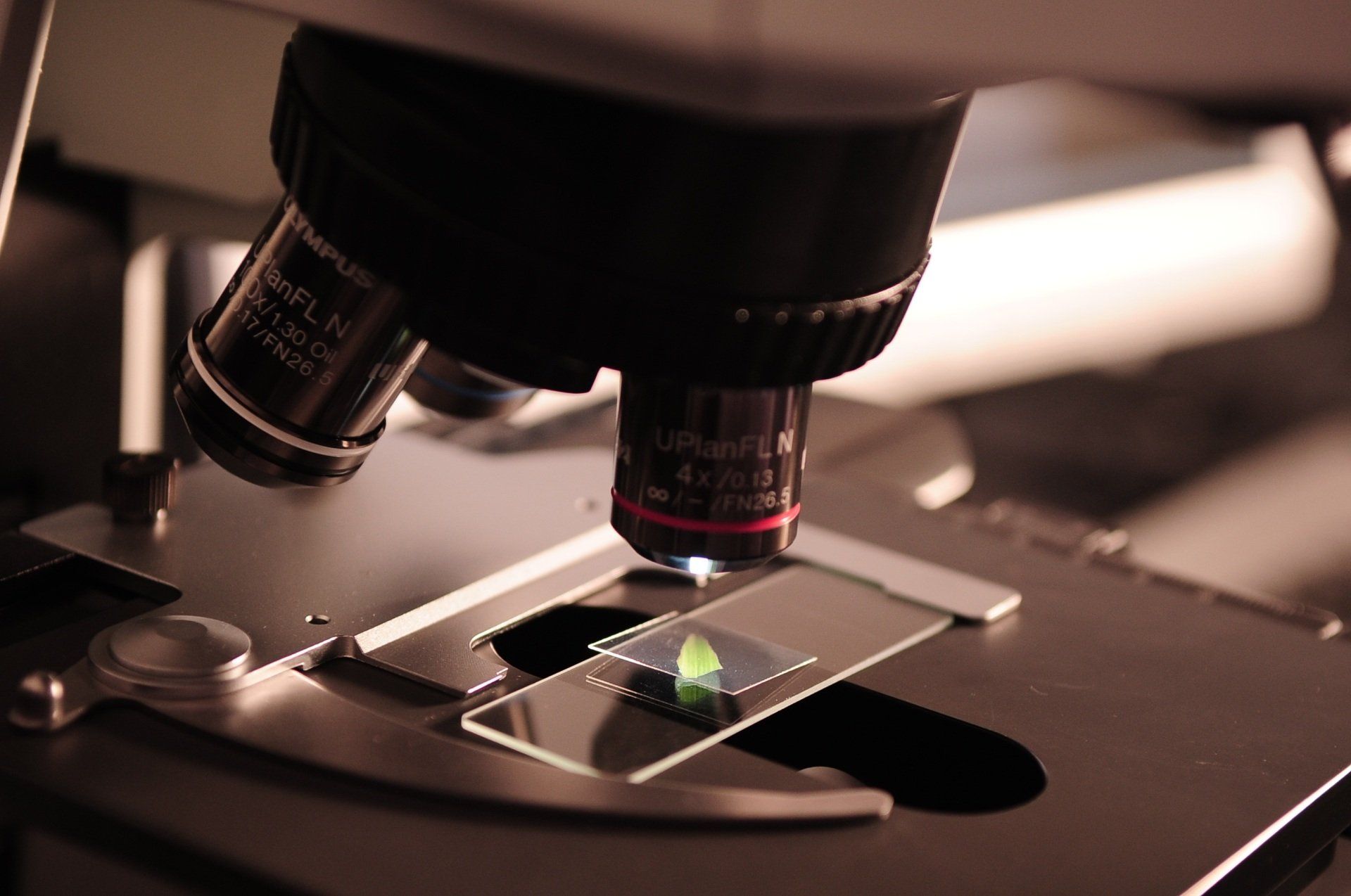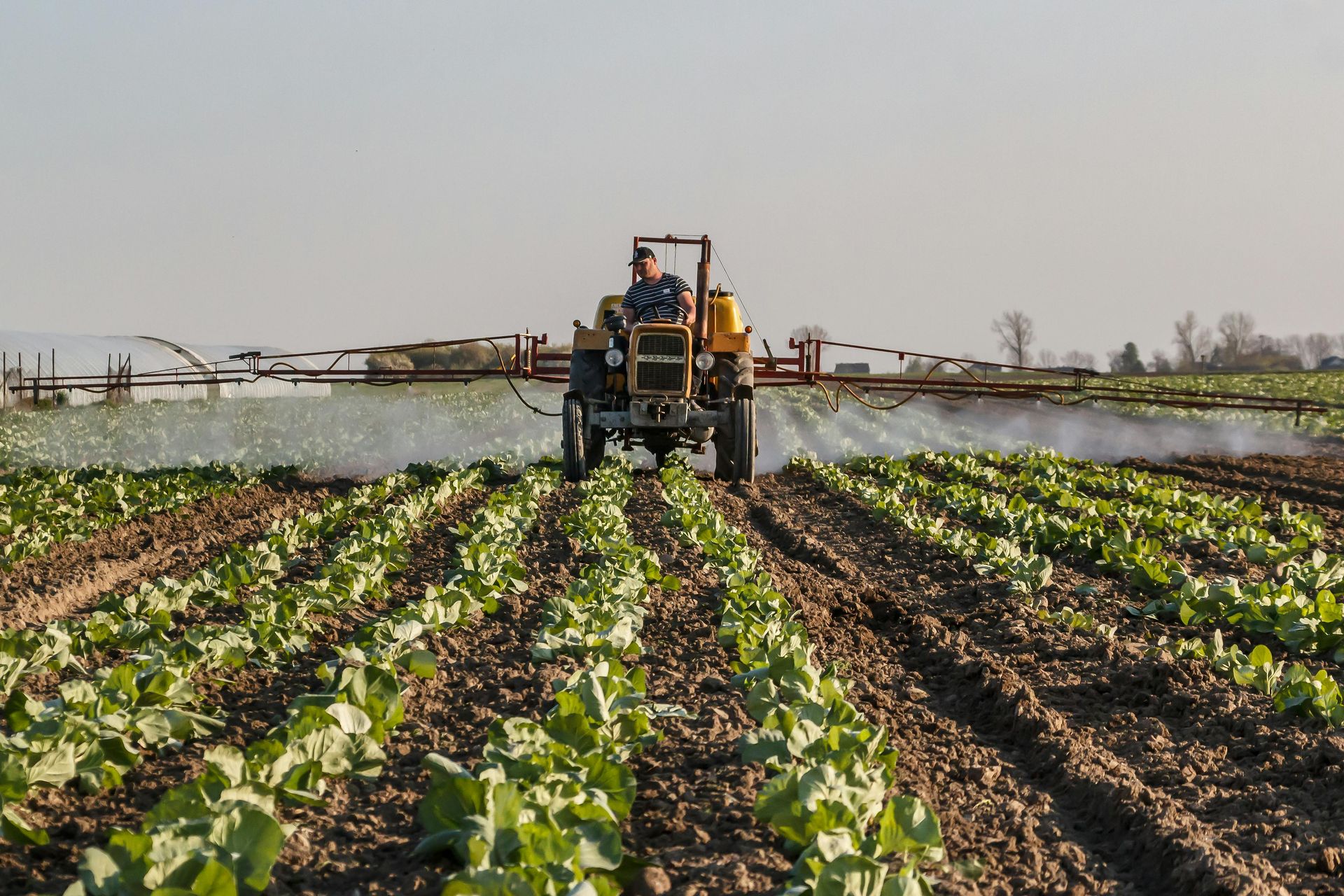The Benefits of Comprehensive Fertilizer Testing for Optimal Crop Growth
Why Fertilizer Testing is Essential for Agriculture

Healthy plants start with healthy soil, but knowing how to properly feed your crops is just as critical. This is where fertilizer testing comes into play. Fertilizer analysis allows you to understand which nutrients your soil needs, ensuring that your plants are getting the right nourishment without over-application. In this article, we focus on the importance of fertilizer testing, the benefits it provides, and how to effectively use it to improve your garden or farm.
Fertilizer testing is an essential component of soil management, providing insights into the macronutrient and micronutrient levels in your fertilizer blends. Understanding these levels is crucial, as it helps determine how well your crops will grow and thrive. Whether you're working with a large agricultural field or a small garden, proper nutrient management prevents deficiencies and excesses that could harm both your plants and the environment.
Optimize Nutrient Balance
Different plants have different nutrient requirements. A fertilizer analysis helps determine the exact nutrient balance your crops need. This analysis includes measuring nitrogen (N), phosphorus (P), and potassium (K) levels, as well as secondary nutrients like calcium, magnesium, and sulfur, and trace elements like iron, manganese, and zinc. By understanding your soil's existing nutrient content, you can ensure that you're providing the right blend to support optimal growth and maximize yields.
Without proper testing, you may end up applying too much or too little of certain nutrients, leading to problems like nutrient deficiency, nutrient toxicity, or nutrient lockout, which ultimately affects plant health and crop productivity. The cost of testing is far less than the costs associated with nutrient imbalances.
Benefits of Comprehensive Fertilizer Analysis
1. Prevent Over-Fertilization
One of the most common issues in modern agriculture is the overuse of fertilizers. Many gardeners and farmers believe that adding more nutrients will always lead to better results, but this approach can backfire. Over-fertilization, especially with nitrogen, can lead to environmental issues like leaching into water supplies, causing algae blooms and other problems. Excess fertilizer also results in increased soil salinity, which can damage plant roots and reduce productivity.
By conducting a thorough fertilizer analysis, you gain a detailed understanding of nutrient levels and can make informed decisions about when and how much to fertilize. This saves money on fertilizer inputs, protects the environment, and ensures the long-term health of your soil.
2. Improve Crop Yields
Proper nutrient management directly impacts crop yield. Testing your fertilizer provides you with the information needed to create a custom fertilizer blend for your specific soil conditions and crop needs. By ensuring your plants receive the right balance of nutrients, you are setting the foundation for higher yields and better-quality produce. Healthy plants are also more resistant to pests and diseases, reducing the need for costly chemical interventions.
3. Protect the Environment
Using fertilizer responsibly means minimizing the risk of runoff, groundwater contamination, and soil degradation. A targeted fertilizer application plan, based on accurate testing, helps reduce the environmental footprint of agriculture by preventing the overuse of chemicals. Understanding the proper nutrient requirements for your crops also promotes sustainable agricultural practices, which can have long-lasting benefits for the ecosystem.
How to Perform Fertilizer Testing
Step 1: Collect Fertilizer Samples
The first step in performing a fertilizer test is to collect a representative sample of the fertilizer you're using. Make sure to collect a uniform sample that accurately represents the blend you are applying to your crops. Place the sample in a clean container that’s free from contamination to avoid skewed results.
Step 2: Send Samples to a Reputable Lab
Once you've collected your samples, it's crucial to work with a trusted laboratory that can perform a comprehensive fertilizer analysis. At TPS Lab, we have extensive experience in testing fertilizers to provide growers with precise recommendations. We test for N-P-K levels, secondary nutrients, and micronutrients to give a full profile of your fertilizer.
Check out our Fertilizer Testing services here.
Step 3: Interpret the Results
Once you receive your fertilizer test results, it’s time to interpret them to make adjustments to your soil fertility program. If certain nutrients are lacking, it’s recommended to supplement them accordingly. Conversely, if any nutrient levels are too high, you may need to adjust future applications to avoid excesses.
How Fertilizer Testing Impacts Yield and Quality
The goal of fertilizer testing is to maximize the quality and quantity of your crop yield. Accurate testing provides detailed insights into how your current fertilizer inputs are performing. If nutrient levels are deficient or excessive, your crops may fail to reach their potential, which can impact profitability.
Balancing nutrient levels can also improve the taste, appearance, and shelf life of produce. When crops receive adequate nutrition, they grow stronger and healthier, leading to a higher market value. Farmers and gardeners who invest in fertilizer testing are ultimately investing in the success of their produce and the sustainability of their growing practices.
Common Fertilizer Testing Myths
Myth 1: Fertilizer Testing is Only Necessary for Commercial Farmers
Many hobbyist gardeners believe that fertilizer testing is unnecessary for their small-scale operations. However, even small gardens can benefit greatly from understanding the precise nutrient needs of their soil. A healthy garden produces more bountiful and nutritious vegetables and flowers.
Myth 2: All Fertilizers Are the Same
Not all fertilizers are created equal. Different blends have different nutrient concentrations, and without proper testing, you may not be providing your plants with what they truly need. Testing helps you understand the exact content of the fertilizers you use so you can make well-informed choices.
Myth 3: Fertilizer Testing is Complicated
Fertilizer testing is a straightforward process when you work with the right lab. At TPS Lab, we make testing easy by providing clear instructions for sample collection and delivering detailed reports with actionable recommendations.
Why Choose TPS Lab for Fertilizer Testing
TPS Lab has years of experience providing farmers and gardeners with the insights they need to improve their soil fertility. Our testing services are designed to meet the unique needs of each grower, whether you’re managing a small backyard garden or a commercial farm. We provide a full analysis of your fertilizer, ensuring that you know exactly what nutrients your soil is receiving.
In addition to our fertilizer testing services, TPS Lab offers personalized recommendations to help you make the best decisions for your crops. We also offer ongoing support throughout the growing season, so you can be confident that you’re on the right path to success.
Learn more about our Fertilizer Testing services.



